The Health Benefits of Coffee – Yes, Really!
If you’re of a certain age you may remember past studies that reported that coffee is bad for your health. They cited several reasons, including that caffeine increases appetite and it makes the heart beat faster.
What many of those studies neglected, however, was the consideration of other personal factors. For example, before smoking was a confirmed health risk, it was common for people to have a cigarette with their morning coffee.
(Side note: I know someone who was in the ballet world for several years. She remembers all the older ballerinas living on coffee and cigarettes to stay thin. But I digress).
At that time, technology and medicine had not advanced enough to be able to figure out which parts of a person’s habits were the detrimental parts. In other words, was it the caffeine in the coffee or the nicotine in the cigarettes that was actually a problem?
Fortunately, there have been huge advances, and medical professionals can now conduct detailed research that can isolate these types of factors. And you know what they have found?
Coffee might not actually be that bad for you. In fact, there are several potential health benefits of coffee. Take a look!
Overall health

Nutrients
Coffee contains several health-positive nutrients including:
· Riboflavin (vitamin B2) – helps break down carbohydrates, fats, and proteins
· Niacin (vitamin B3) – lowers LDL (bad) cholesterol and increases HDL (good) cholesterol, lowers triglycerides
· Pantothenic Acid (vitamin B5) – synthesizes cholesterol, maintains a healthy digestive tract, helps process other vitamins, specifically B2.
In fact, B vitamins, in general, are key to the management of cholesterols and fat. Now obviously, a cup of coffee isn’t going to have huge amounts of these vitamins, but people do tend to drink more than one cup a day which can help supplement the recommended daily intakes.
Associated benefits
It stands to reason that if you have increased amounts of those good nutrients that help with your cholesterol and break down carbs and fats, the potential risk of other associated diseases may be lessened as well.
Of course, there are many other factors to consider, such as genetics and family history. However, for example, one study found that increased coffee intake led to a lower risk of developing type 2 diabetes. Another study showed that drinking coffee could result in a significantly lower risk for Alzheimer Disease.
Antioxidants
Coffee also contains polyphenols and hydrocinnamic acids. The latter is a key to neutralizing free radicals in the body, while the former contributes to the prevention of numerous diseases, such as cancer, heart disease, and Type 2 diabetes.
Mood improvement

We all know that person – be it a family member or a co-worker – whose motto is “first I drink the coffee, then I do the things.” (That person may actually be you)! But there’s a reason that it’s called the “happy juice.”
Coffee can help improve your mood and boost your energy level, both of which can contribute to a greater drive to get things accomplished. Why is this?
Caffeine

Coffee is high in caffeine, which is known as a psychoactive substance. When it travels to your brain, it blocks the inhibiting neurotransmitters (like adenosine) while increasing others (like dopamine) that in turn lead to neurons firing more frequently.
In regular people's terms, caffeine blocks inhibition while encouraging brain function. This results in things like increased confidence, faster reaction times, and better memory.
Consumption matters
When discussing caffeine and the effects it has on the brain, it is interesting to note that the actions it takes as mentioned above were primarily observed in caffeine that derived from coffee – not necessarily from other drinks with caffeine, such as tea or soda.
Additionally, not all coffee is equal. The amount of caffeine in a single cup of coffee is determined by several things starting with the type of coffee bean, how the beans are roasted and ground, and then to the amounts of grounds used and how the coffee is brewed.
Does age matter?

Interestingly, it might. While many studies focus on young to middle age coffee drinkers, there have been a few that concentrate on older ages. For example, researchers in Sweden and Finland found that people with increased coffee consumption in mid-life ages were less likely to develop dementia and Alzheimer’s (see above as well). The same correlation was not found in younger coffee drinkers.
Listen to your body

What this all boils down to is that there are definite health benefits that can be found in a cup of coffee. But that might not be the case for every single person. Some people may have an adverse reaction to caffeine or might otherwise react badly to coffee for any number of reasons.
Additionally, once you start adding things like flavored syrups, creamers, or sugar to your coffee, you can start to negate the good things that coffee can provide – or at least counteract some of them.
In short, when you drink a cup of coffee, pay attention to how your body reacts. If you feel normal and can go on with your day, that’s great – go for it! If you feel dizzy or off in some way, you might have an issue with coffee. And if that’s the case, you should talk to your doctor to be sure it was the coffee and not potentially something more serious.
But it is fairly safe to say that you can now go ahead and have that cup of coffee – or two or three – in a guilt-free manner!
Learn more about what I do and PiYo, and how you can join me either as an instructor or a student, CLICK HERE! To learn more about my newest creation SoulFUSION, CLICK HERE. If you would like to participate in one of my weekend Live Virtual Classes, or On-Demand classes, CLICK HERE.


